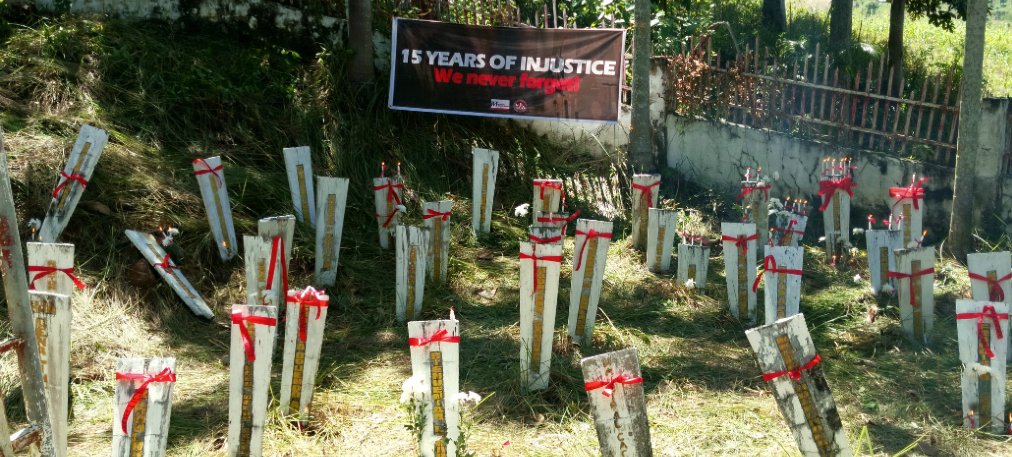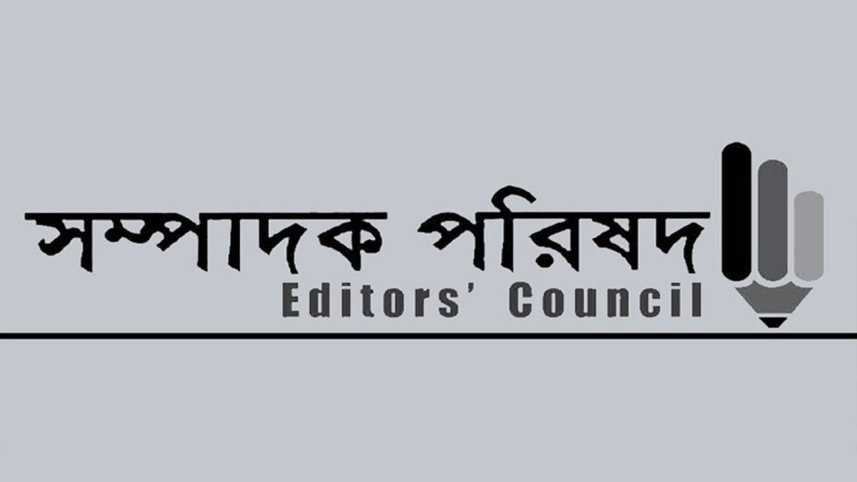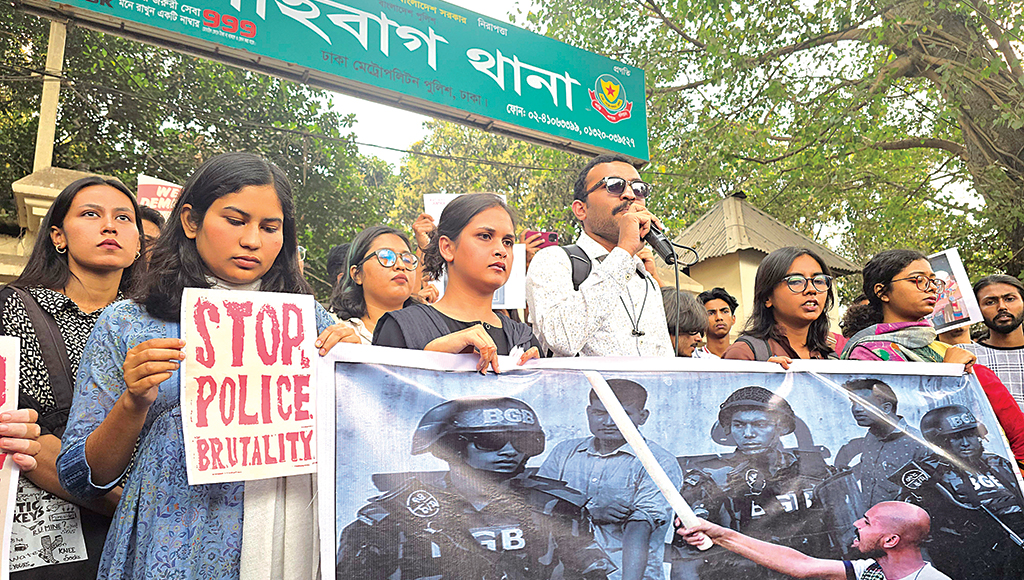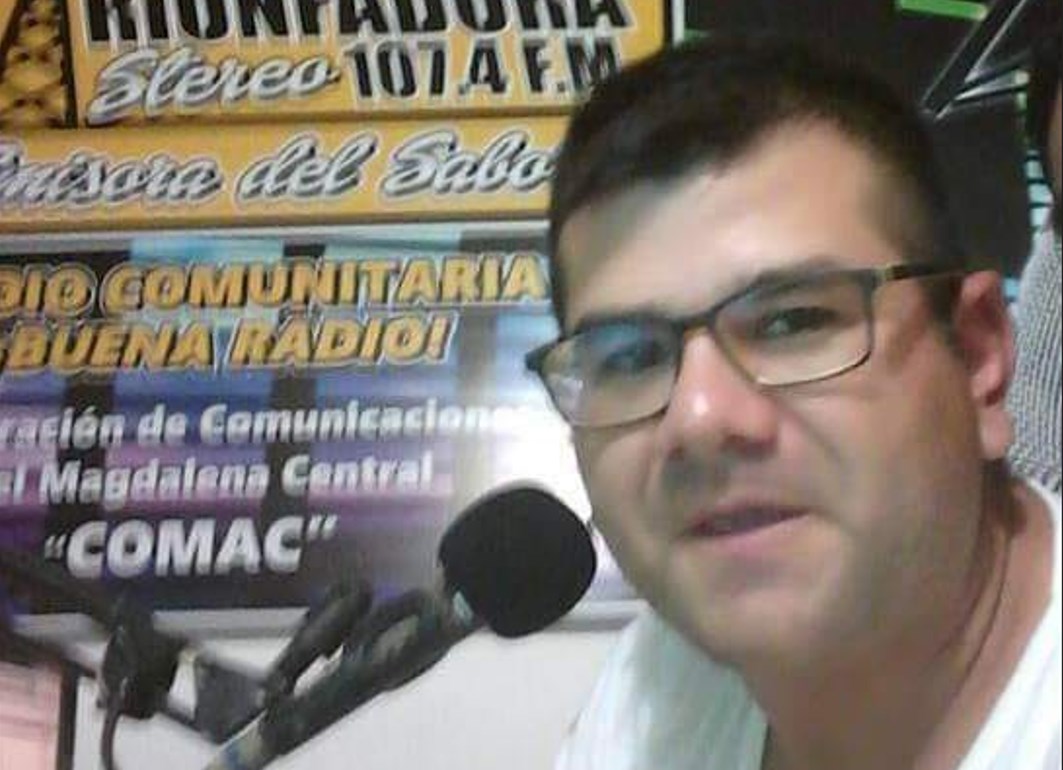
Colombian Journalist Steven Andrés Fajardo Shot Dead in Antioquia, Press Groups Demand Justice
November 22, 2024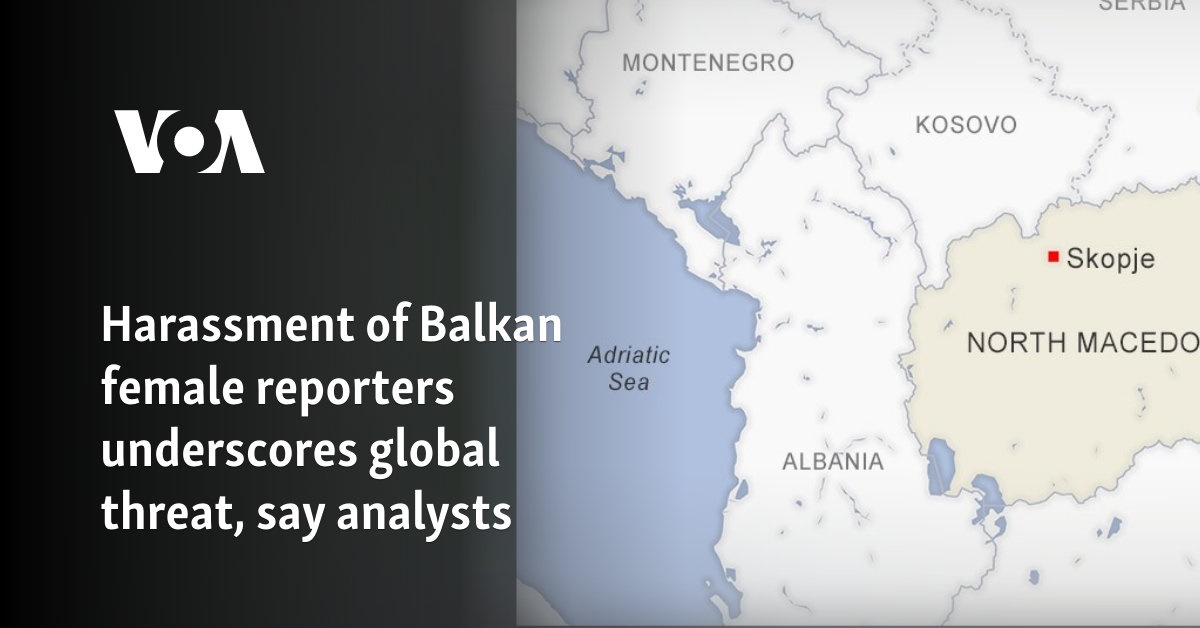
Harassment of Balkan Women Reporters Highlights a Global Crisis for Press Freedom
November 22, 2024November 22, 2024 – Philippines –
Fifteen years on from the horrific Maguindanao (Ampatuan) Massacre—the world’s deadliest single attack on journalists—impunity remains deeply entrenched in the Philippines. On November 23, 2009, a convoy carrying the Family members of political rival Esmael Mangudadatu and 32 journalists was ambushed and brutally killed by gunmen linked to the powerful Ampatuan clan. In total, 58 individuals lost their lives, with at least 32 media professionals among the victims.
In a public statement marking the massacre’s 15th anniversary, Reporters Without Borders (RSF) called on the Philippine government to “take decisive action to end impunity for crimes against the press.” RSF emphasized that while the Ampatuan crime ranks among the deadliest worldwide, justice remains incomplete, hindering broader efforts to guarantee safety for media workers.
According to RSF, although convictions have been secured against key Ampatuan figures—such as brothers Andal Jr. and Zaldy Ampatuan—a significant number of suspects remain free, and the underlying culture of political violence and private armies persists unchecked. The clan’s extensive political influence and impunity were exemplified by court records highlighting graft convictions unrelated to the massacre, such as Andal Jr.’s 2023 sentencing to a combined 127–210 years for fuel-supply corruption, underlining the family’s continued regional control.
Echoing general concerns, Philstar.com reported on November 24, 2024, that despite limited accountability, many perpetrators remain untouched by justice, leaving families and media bodies frustrated. Press watchdogs warn that ongoing failures send a dangerous message: that attacks on journalists, even of such magnitude, may go unpunished.
Control by political dynasties and private militias—enabled by political connections—remains a palpable threat. Scholars and advocates argue that until state-sponsored violence and private armies are dismantled, journalist safety in the Philippines will continue to hang in the balance.
RSF’s renewed call underscores the urgent need to fully resolve the Maguindanao case, securing convictions for all perpetrators and dismantling the network of impunity that still threatens press freedom across the country.
Reference –

